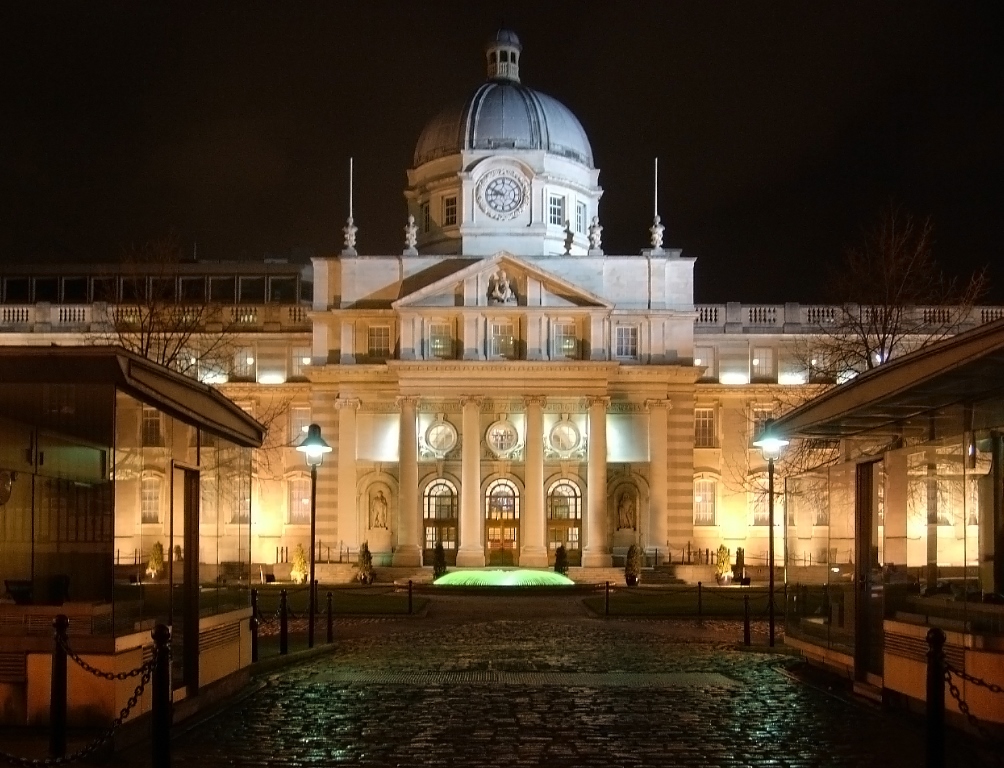Recent research conducted on a disturbing social matter shows that the underprivileged students in Northern England are not able to keep up with their well-to-do counterparts in accomplishing General Certificate of Secondary Education (GCSE).
The ever-increasing income gap between the rich and the poor has been a point of concern for advanced economies for years. Only this time, the gap is prevalent in the education sector as well.
Teenagers from hailing from poor background are lagging by at least 18 months when compared with wealthier classmates. What is more perturbing is the fact this gap is not likely to be covered in the next five hundred years, if the situation continues to be neglected.
The annual report released by the Education Policy Institute (EPI) illustrates that the alarming divide in Northern England has become more pervasive in the years 2017 and 2018.
Addressing the unaddressed
The research results further stipulated that the children of low-paid parents were falling back on grades by over nine months by the time primary school ended. This divide is further broadened by an average of eighteen months by the time they appear for GCSEs.
For the study, the researchers took into consideration students entitled for free meals at schools against peers from a wealthy background. In fact, the ones receiving free meals eighty percent (80%) of time are behind by as many as twenty-two months.
Viewpoints on the findings
David Laws, the executive chairman of EPI, addresses the fundamental issue of today’s society with great concern. By referring to the situation as a “significant economic setback”, he exclaims that this is education inequality at its worst. Not only does it speak volumes about the immobility in social strata but also highlights the stagnant economic productivity. He further asserts that the report findings call for a deeper investigation into the matter – on what has caused the unbridgeable divide.
Meanwhile, the government’s claims are quite the opposite. Nick Gibb, the School Standards Minister, reports that with over two billion pounds (GBP 2 bn) funding offered by the Pupil Premium this year, the plight of the disadvantaged student community is expected to improve drastically. He points out the difference in findings between 2010 and 2018 reports. As opposed to just sixty-six percent (66%) in 2010, more than eighty-five percent (85%) of the less-fortunate student community now belongs to good or outstanding schools.
A spokesperson from the Labour Education department deduces that the staggering gap between the affluent and the poor student community is a result of the government cut-backs on school budgets. With governments is busy stockpiling the vast tax benefits to the already prosperous families, it is the other half of the indigent society who has to pay the price.
Paul Whiteman, from NAHT trade association, stipulates that the broadening of wealth gap calls for an urgent billion dollars investment from the government. He persists in continual funding program for the education sector which helps in addressing the evident discrimination in the society.







